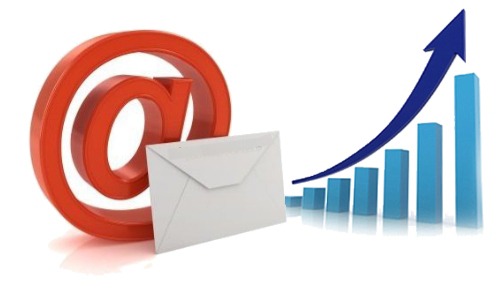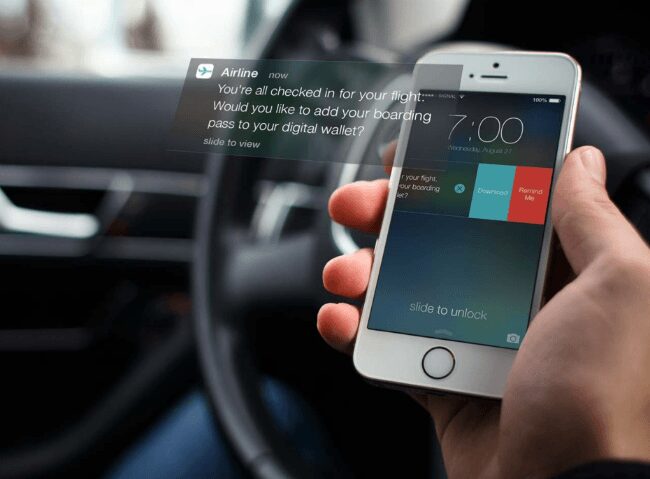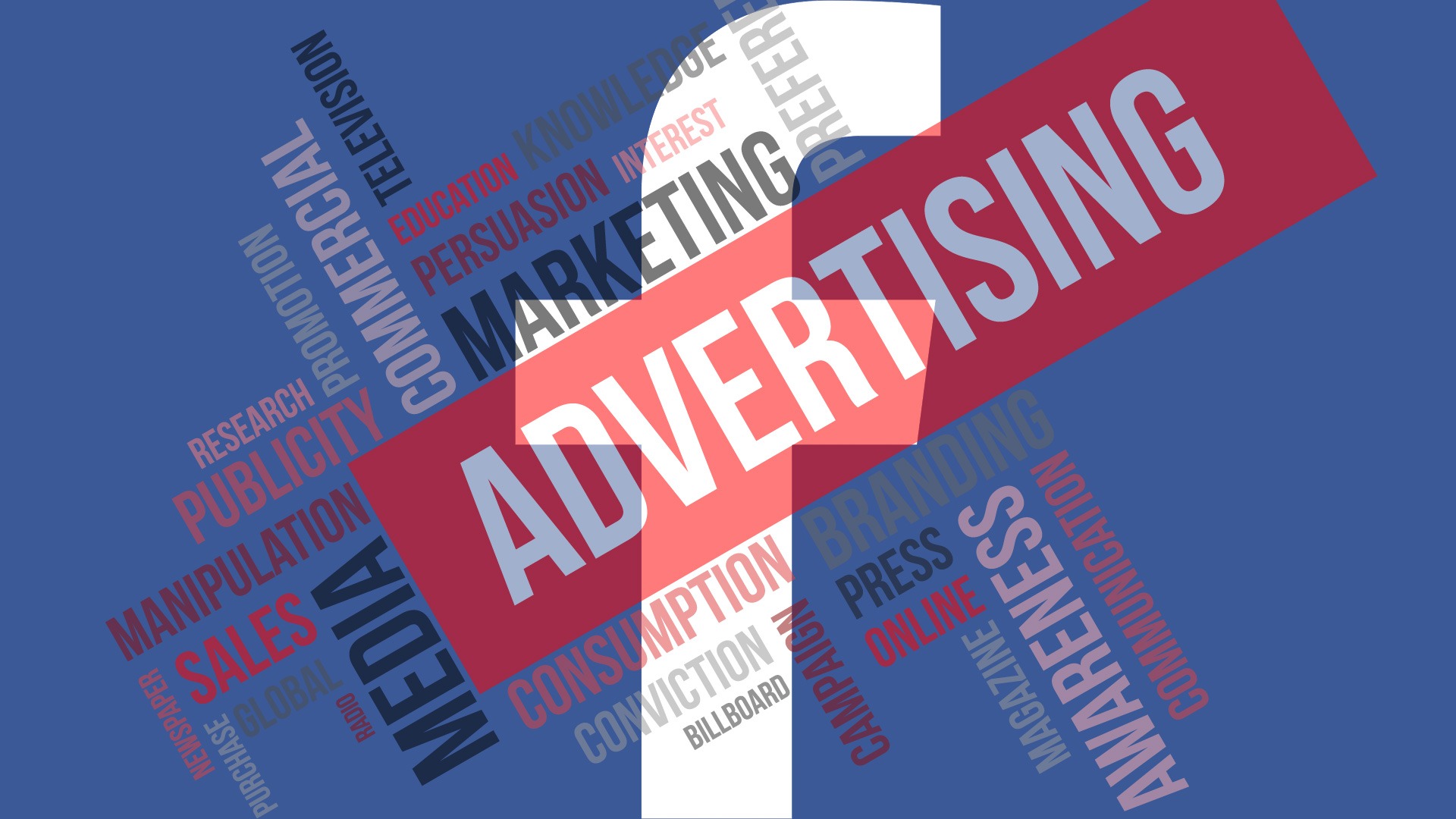Hotels and Resorts are as usual being very conservative when it comes to adapting to the new realities on how to market to their prospective guests. Most European hotels will find it hard now to find a guest who is not in possession of either a smartphone or tablet. This is the world we live in, where your guests are accustomed to using Apps from Facebook or Amazon. They are also already used to receiving marketing messages via push notifications and most use Google maps to find their way around, so why are hotels & resorts being slow to react to this technological change.
Let´s take a look at 3 core marketing communication strategies that hotels should be planning to use in 2016:-

Email Marketing
As part of your marketing strategy, emails campaigns are great at promoting your services, promotions, blog entries and general information. You work hard with your front office staff to get the right email address, maybe run competitions both online and offline to increase your marketing database as well as use technology like Social Wifi within your hotel and landing pages on your website. These are all worthwhile exercises and should be continued but let’s get one thing clear, on average only 10-15% of your emails you send will be opened. That’s an incredibly small number. What’s more, the vast majority of hotels have not invested in creating a database that includes gender, date of birth, likes, dislikes etc so at least you can be slightly more specific when it comes to you email content.

Like with Smartphones, nearly all your guests are going to have an account with Facebook. In 2015, they are registering around 1 billion daily users. In general, most users have been happy to provide Facebook with all kinds of information from their relationship status to age, interests etc so you will be able to use the Facebook Ads Manager to define a target audience. For ads, you are not limited to just your fans; instead you can choose your audience based on geography, gender, age, interests, and purchasing behaviours. For example, hotels can choose to target London business travellers between 35-45 who have returned from a trip within the last two weeks, or let´s say your hotel is a wedding venue, you could target all people within a 100km radius who are engaged. This is by far a more effective marketing tool and with some major international companies planning to spend over 80% of their marketing budget with Facebook over the next 12 months, demonstrates that advertising with Facebook is providing them with much higher rates of return.

Push Notifications
Now, for your guests to receive notifications to their smartphone, your hotel is going to need to invest in an App. Now in my previous article, I laid out how apps are improving the revenue performance in hotels, so I am not going to cover it again here. Push notifications are unique because it’s short and sweet. Unlike traditional marketing, once your app is built there are no further costs. Push notifications are received exclusively by guest’ who have opted in for your offers, so you will never come across as spammy. They can be used to show specials that you currently offer in your F&B outlets or for example: If your hotel is in a part of the world known for its seasonal appeal a push notification can increase your revenue of outdoor activities in the offseason. If your hotel is known to be in a great area for skiing, and there is a fluke snow storm in early April, a push will allow you to quickly inform anyone with your app that the slopes are open. The same applies to beachfront properties- if the weather is predicted to be sunny in the high 20´s or 30 degrees in January that will be a great time for you to drive traffic.
Here is also a great example on how Push Notifications are providing new ways to connect with your target audience. One of the functionalities that our hotelient apps offers is for a golf course that can add the round card to an app. By using GPS, a user will be able to see how far their ball is from the green as well as a short note on how to play the hole. So let’s assume an average golf course receives 20,000 golfers a year and 50% download the app. With 90% readability rates, you will be connecting with 9,000 golfers per year via push notifications, maybe offering them offers from their pro shop, or F&B outlets.
This is an extremely powerful marketing tool that the OTAS are taking full advantage of, but as yet the majority of independent hotels and Resorts.

Conclusion
So which one offers better value? Email campaigns are a question of numbers, the more you send, the higher amount of guests that open. Facebook offers hotels the opportunity to market specific messages to a specific audience, whilst push notifications have very high readability rates using technology that the majority of your guests are accustomed to now which are free to send once your hotel has purchased an app. You should not discount any of these three strategies but what is apparent is that Facebook and Push notifications offer great value as they enjoy higher readability rates when compared with email campaigns.
The reality though is that the majority of hotels, Resorts and & golf courses in 2015 have been only using email campaigns as their communication strategy. Hopefully, we have offered you something to think about when planning your 2016 marketing campaign!
Need Help? Talk to us and we will work with you to optimize your 2016 marketing strategy. email info@hotelient.net for further information


